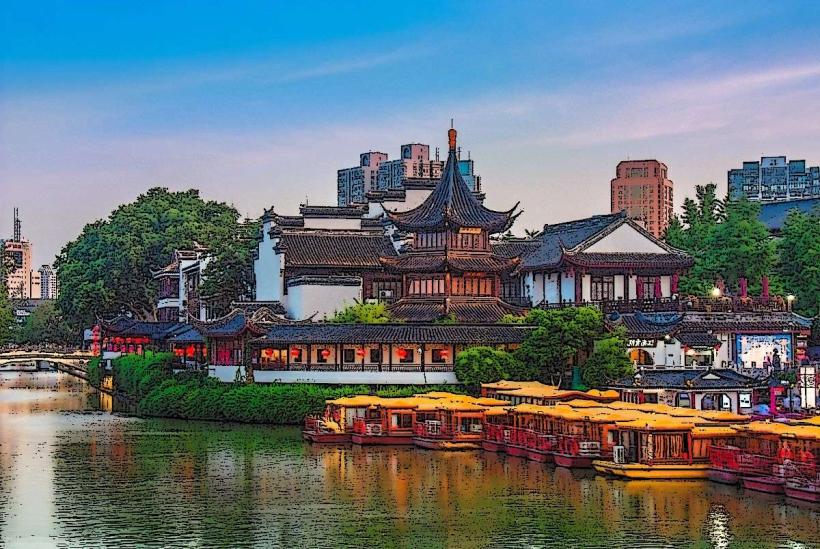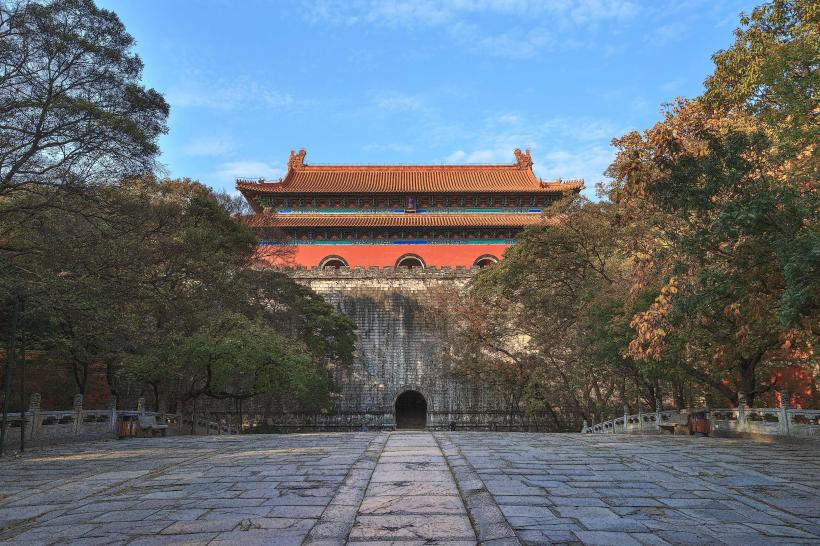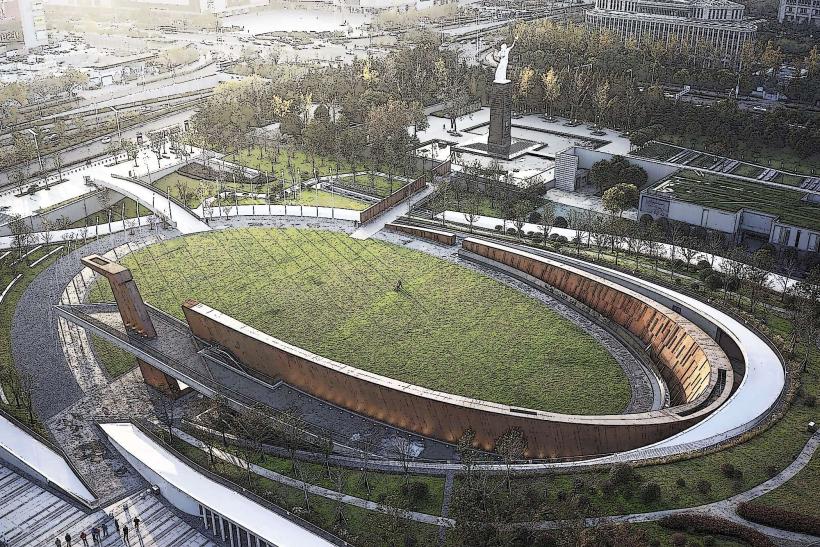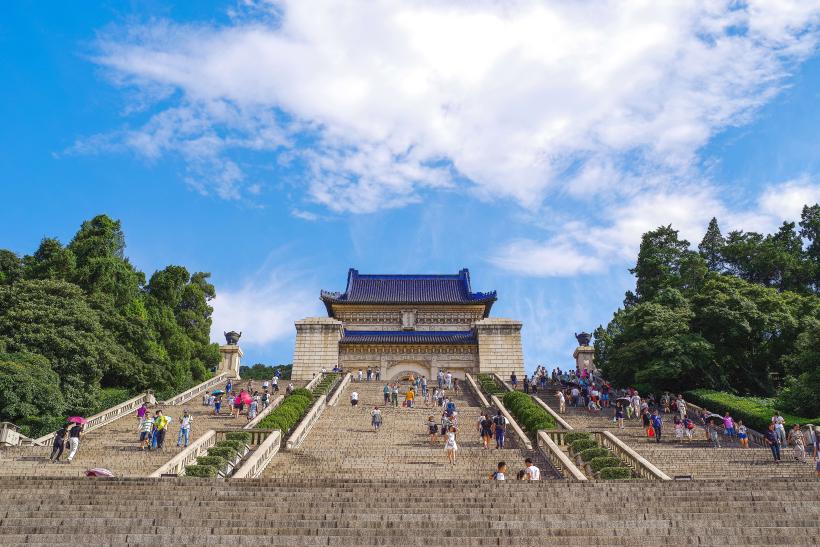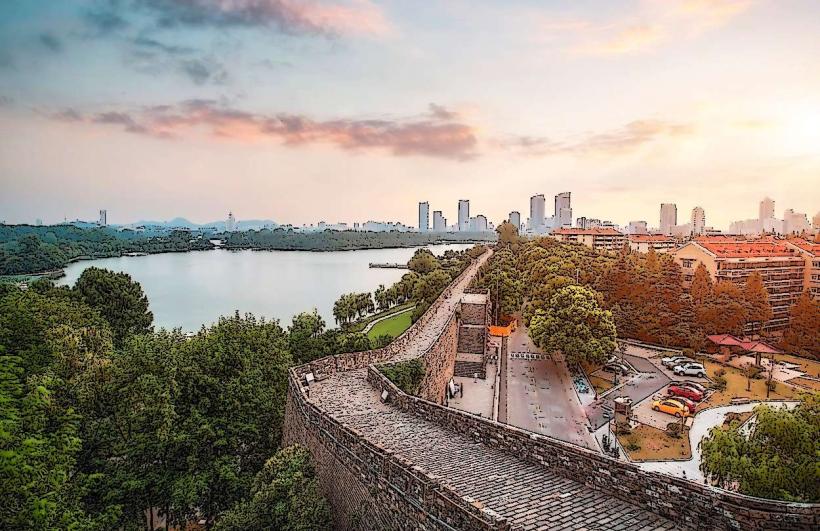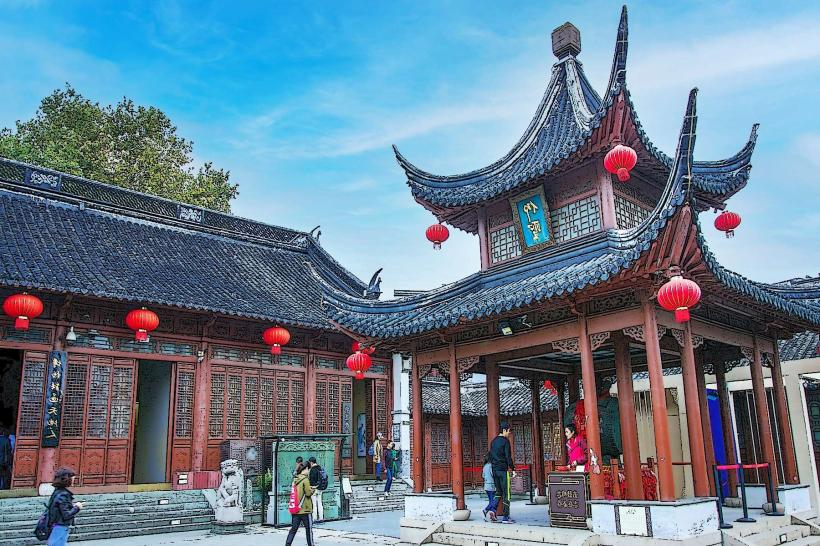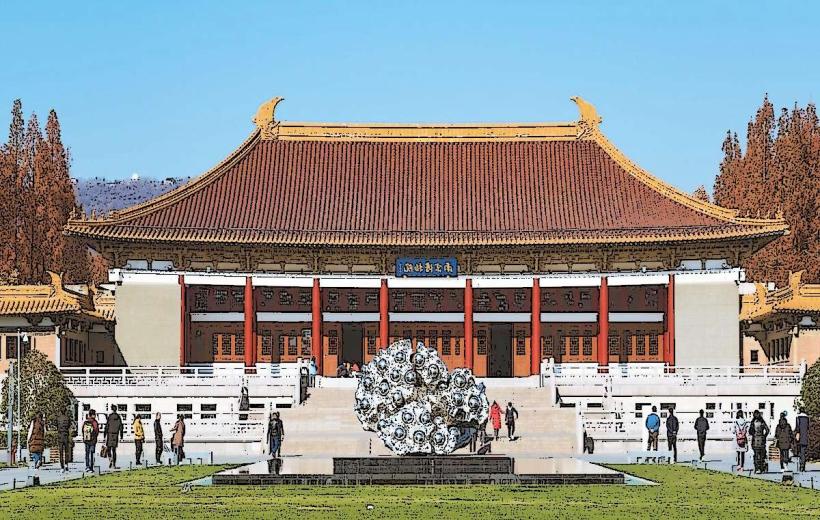Information
Landmark: Xuanwu LakeCity: Nanjing
Country: China
Continent: Asia
Xuanwu Lake, Nanjing, China, Asia
Xuanwu Lake is a large, shallow urban lake situated within Nanjing, China. It is located north of the Nanjing Railway Station.
Visual Characteristics
The lake's surface is generally calm, with a water color that varies from deep blue to green depending on depth and algal bloom. Five islands are present within the lake: Liangzhou, Yingzhou, Cuiyouzhou, Lingguangzhou, and Mochouzhou. The lake is surrounded by a perimeter of trees, primarily willow and pine, with manicured gardens and walking paths along its shores. The average depth is approximately 1.5 meters.
Location & Access Logistics
Xuanwu Lake is accessible via multiple entry points. The main entrance is located on the eastern side, directly opposite the Nanjing Railway Station. Public transport options include Nanjing Metro Line 1, with the Xuanwumen Station (Line 1) providing direct access to the southern entrance. Numerous bus lines, including 3, 15, 25, 33, 45, 67, and 313, stop at various points around the lake's perimeter. Vehicle access is permitted, with several parking lots available, including one near the main eastern entrance and another on the western side. Parking fees are applicable.
Historical & Ecological Origin
The lake's origins trace back to the Jin Dynasty (266-420 AD), when it was known as Jinye. It was significantly expanded and developed during the Ming Dynasty (1368-1644 AD) as part of the imperial gardens. The current name, Xuanwu Lake, was established during the Ming Dynasty, referencing the Black Tortoise (Xuanwu), a celestial guardian. Ecologically, it is a freshwater lake fed by groundwater and surface runoff, supporting a variety of aquatic life and migratory birds.
Key Highlights & Activities
Visitors can rent pedal boats and electric boats for lake exploration. Walking and cycling paths circumnavigate the lake. The five islands are connected by bridges and offer distinct garden styles and attractions, including the Botanical Garden on Yingzhou Island and the Zoo on Liangzhou Island. Birdwatching is a common activity, particularly during migratory seasons. Photography is permitted throughout the park.
Infrastructure & Amenities
Restroom facilities are located at multiple points around the lake, particularly near entrances and major attractions. Shaded areas are abundant due to the mature tree canopy. Cell phone signal (4G/5G) is generally strong throughout the park. Food vendors and small restaurants are situated near the main entrances and on some of the islands, offering local snacks and beverages.
Best Time to Visit
For optimal lighting conditions for photography, early morning (07:00-09:00) and late afternoon (16:00-18:00) are recommended. The best months for visiting are April to May and September to October, when temperatures are mild and rainfall is moderate. Summer months (June-August) can be hot and humid. There are no tide-dependent activities.
Facts & Legends
A local legend states that the lake was formed from the tears of a dragon who was saddened by the separation of lovers. A verified historical fact is that the lake was once a significant defensive moat for the city of Nanjing.
Nearby Landmarks
- Nanjing Railway Station (0.2km South)
- Nanjing City Wall (0.8km Southeast)
- Zhongshan Mountain National Park (3.5km East)
- Presidential Palace (2.1km South)
- Nanjing Museum (2.5km South)


